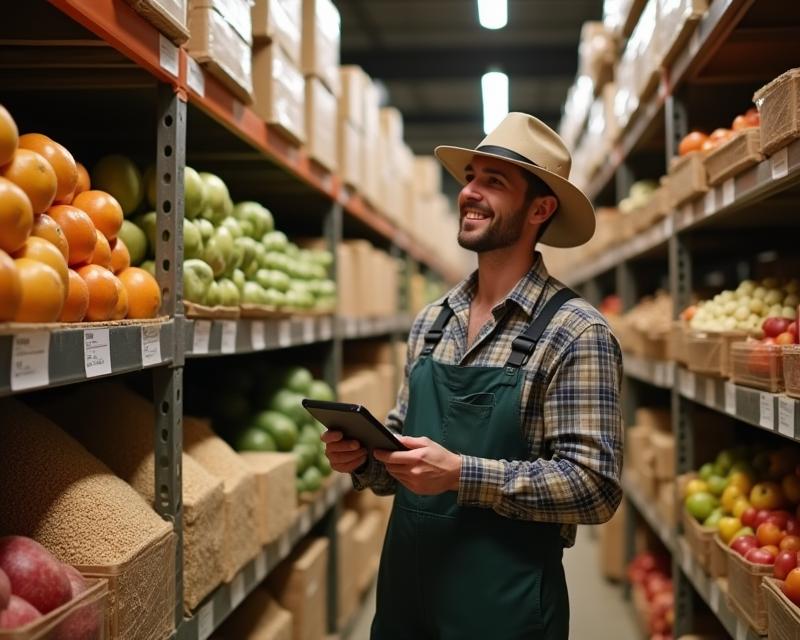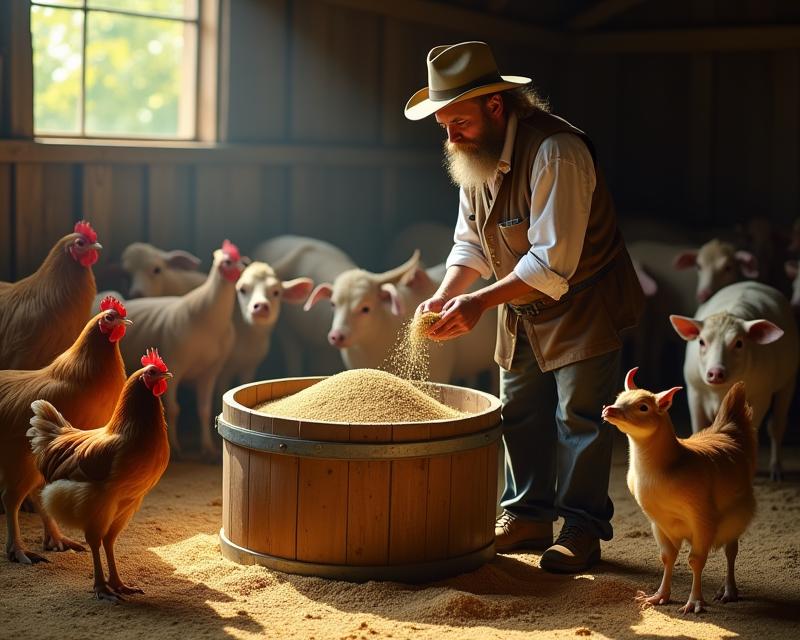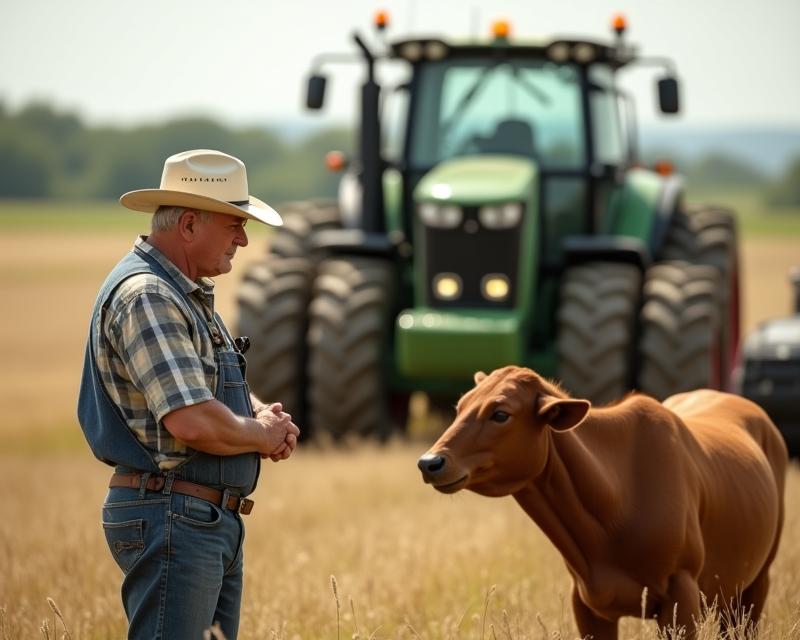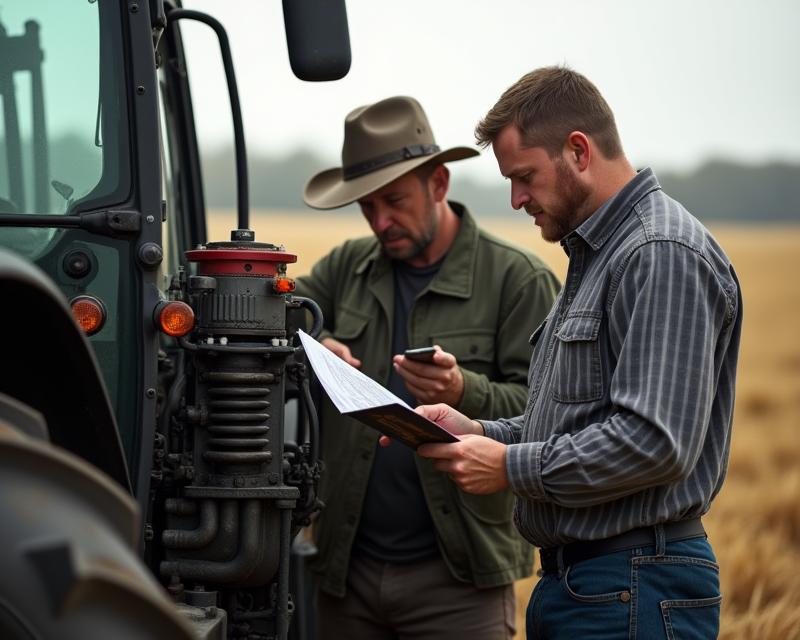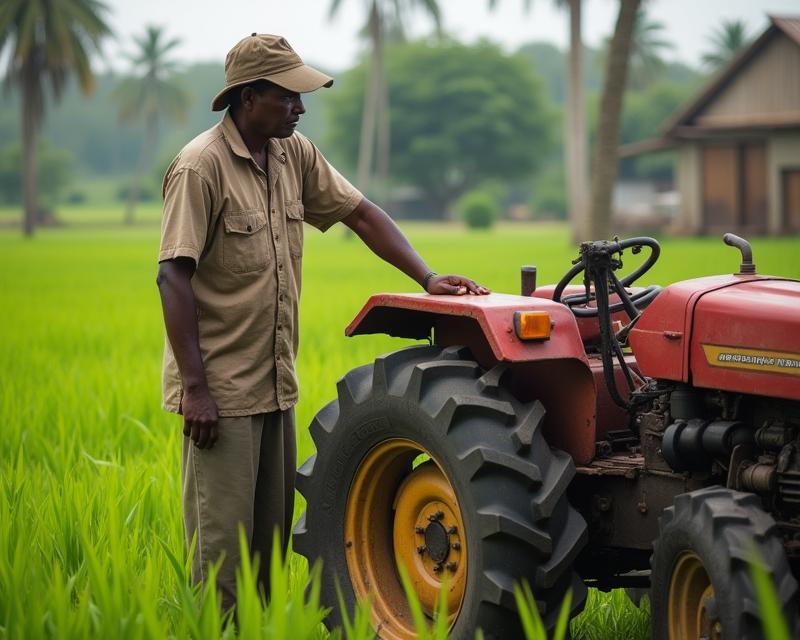Autonomous Farming: The Future is Here
Publish in Farm Business el 28/06/2025 22:26
Autonomous Farming: The Future is Here
The agricultural landscape is rapidly evolving, and at the forefront of this transformation are autonomous farming machines. These sophisticated pieces of equipment are poised to revolutionize how crops are planted, cultivated, and harvested, promising increased efficiency, reduced labor costs, and optimized resource utilization. From self-driving tractors to robotic harvesters, the advancements in artificial intelligence, sensor technology, and robotics are creating a new era of precision agriculture.
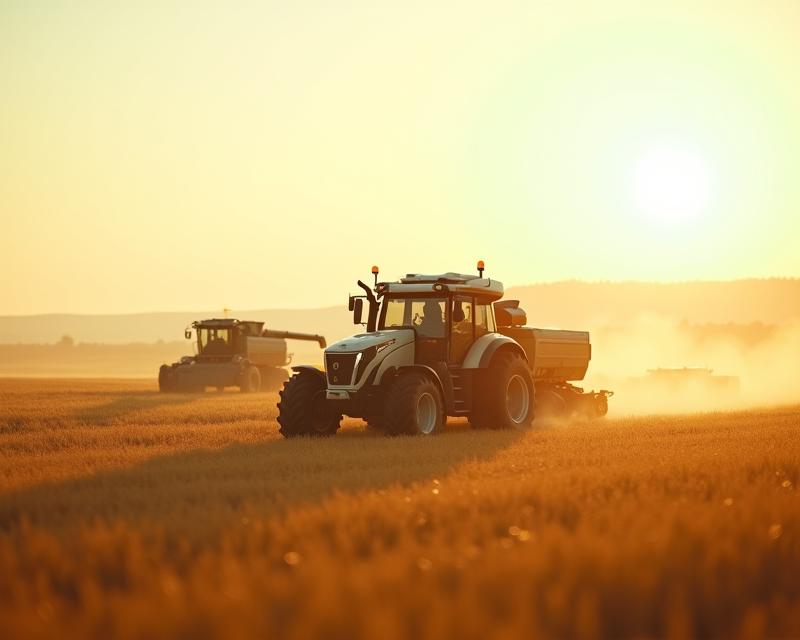
What are Autonomous Farming Machines?
Autonomous farming machines are essentially vehicles and devices capable of operating with minimal human intervention. They utilize a combination of GPS, sensors (cameras, lidar, radar), and AI algorithms to navigate fields, identify tasks, and execute them independently. These machines can perform a wide range of operations, including plowing, seeding, spraying, weeding, and harvesting. The level of autonomy varies, with some machines requiring human supervision while others can operate completely unattended.
Benefits of Embracing Automation
The adoption of autonomous farming equipment offers numerous benefits for farmers. One of the most significant is increased efficiency. Machines can work 24/7, without fatigue, and with consistent precision, leading to faster task completion and reduced downtime. Furthermore, automation allows for optimized resource management. Sensors can monitor soil conditions, crop health, and weather patterns, enabling targeted application of fertilizers, pesticides, and water, minimizing waste and environmental impact. Reduced labor costs are another major driver, addressing the ongoing challenges of finding and retaining skilled farmworkers.
Challenges and the Road Ahead
While the potential of autonomous farming is immense, there are challenges to overcome. High initial investment costs can be a barrier for smaller farms. Data security and cybersecurity are also crucial considerations, as these machines rely on vast amounts of data. Furthermore, regulatory frameworks need to adapt to accommodate the use of autonomous vehicles in agricultural settings. However, as technology continues to advance and costs decrease, autonomous farming is expected to become increasingly prevalent, shaping the future of food production and ensuring a more sustainable and efficient agricultural industry. The future of farming is undeniably autonomous.
